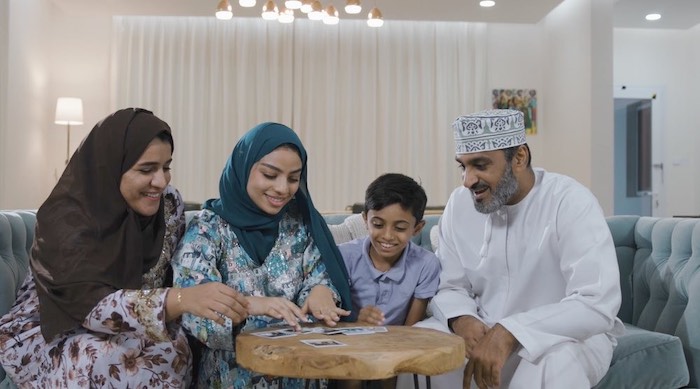The Ministry of Social Development in Muscat has recently introduced the “National Guide for Child Care in Foster Families” in order to provide support to foster families, social and psychological specialists, substitute mothers and aunts, and organizations working in child and family welfare. The guide aims to enhance the skills of social supervision specialists to effectively support foster families, establish unified standards for consistent care of foster children, and serve as a reference for specialists to improve the quality of supervision and support. It also helps families address potential behavioral challenges and empower them to understand their rights and responsibilities.
This comprehensive guide includes resources on the alternative care system in Oman, techniques for interviewing potential foster families, the emotional development stages of children without family care, and the psychological effects of trauma on such children. Its importance lies in safeguarding the rights of children without family care, promoting their best interests, and ensuring their entitlements as outlined by relevant legislation. It also aims to improve the skills of foster parents and specialists, enhance the quality of foster care, and establish a social protection system that links foster families and specialists for integrated support.
By offering practical solutions to common issues faced by foster families and providing a framework for addressing children’s behavioral challenges based on scientific principles, the guide supports foster families in providing consistent and effective care. Additionally, it seeks to empower families and specialists to understand and uphold the rights of children in their care and to provide them with the necessary support for their overall well-being. The guide ultimately aims to improve the quality of foster care in Oman and establish a robust social protection system that ensures the needs of foster children are met.
In conclusion, the “National Guide for Child Care in Foster Families” introduced by the Ministry of Social Development in Muscat is a crucial tool for supporting foster families and specialists in providing consistent and effective care for children without family care. By enhancing the skills of social supervision specialists, establishing unified standards for foster care, and offering practical resources for addressing children’s behavioral challenges, the guide plays a vital role in promoting the rights and well-being of children in foster care. It also seeks to empower families and specialists to provide the best possible care for foster children and ensure that they receive the support they need for their overall development and growth.


























